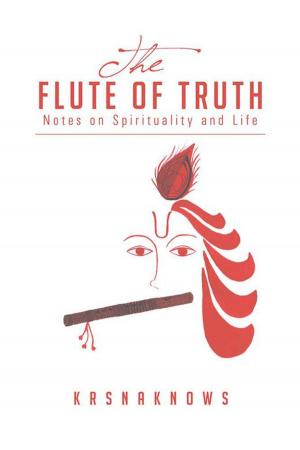| Author: | Raj Pavan | ISBN: | 9781482898026 |
| Publisher: | Partridge Publishing Singapore | Publication: | September 24, 2013 |
| Imprint: | Partridge Publishing Singapore | Language: | English |
| Author: | Raj Pavan |
| ISBN: | 9781482898026 |
| Publisher: | Partridge Publishing Singapore |
| Publication: | September 24, 2013 |
| Imprint: | Partridge Publishing Singapore |
| Language: | English |
This is a novel about memory and forgetfulness, about home and its discontents, about liminal spaces and places, and about diffidence and boldness, lost loves and missed opportunities. Into the war-torn island of Sri Lanka in the 80s, Kumaran, who has been living and working in New York for a long time, returns to his former home. He was going to Sri Lanka to perform a rite to his late father. In the course of these encounters hes thrown into the turmoil of reminiscences. He gets news of an old love and tries to meet her, and that proves difficult. He learns that his nephew had joined a militant group and has not been heard from for a long time. He eventually finds that his nephew has been killed and performs his duty to his father in the midst of the sorrow over his nephews death. There was no funeral for him and no final rites because there was no body. In the end, Kumaran leaves disillusioned, and returns to New York to life with his mistress. The novella uses a systematic symbolic strategy to address larger socio-political themes: The returning immigrant meets friends and relatives, feels alienated from them in spite of their overt friendliness. He longs to meet his former inamorata and finds that she, like the country he abandoned, too is unavailable. He goes to his ancestral home to do funerary rites to his father and ends up doing one for his descendant too.
This is a novel about memory and forgetfulness, about home and its discontents, about liminal spaces and places, and about diffidence and boldness, lost loves and missed opportunities. Into the war-torn island of Sri Lanka in the 80s, Kumaran, who has been living and working in New York for a long time, returns to his former home. He was going to Sri Lanka to perform a rite to his late father. In the course of these encounters hes thrown into the turmoil of reminiscences. He gets news of an old love and tries to meet her, and that proves difficult. He learns that his nephew had joined a militant group and has not been heard from for a long time. He eventually finds that his nephew has been killed and performs his duty to his father in the midst of the sorrow over his nephews death. There was no funeral for him and no final rites because there was no body. In the end, Kumaran leaves disillusioned, and returns to New York to life with his mistress. The novella uses a systematic symbolic strategy to address larger socio-political themes: The returning immigrant meets friends and relatives, feels alienated from them in spite of their overt friendliness. He longs to meet his former inamorata and finds that she, like the country he abandoned, too is unavailable. He goes to his ancestral home to do funerary rites to his father and ends up doing one for his descendant too.















